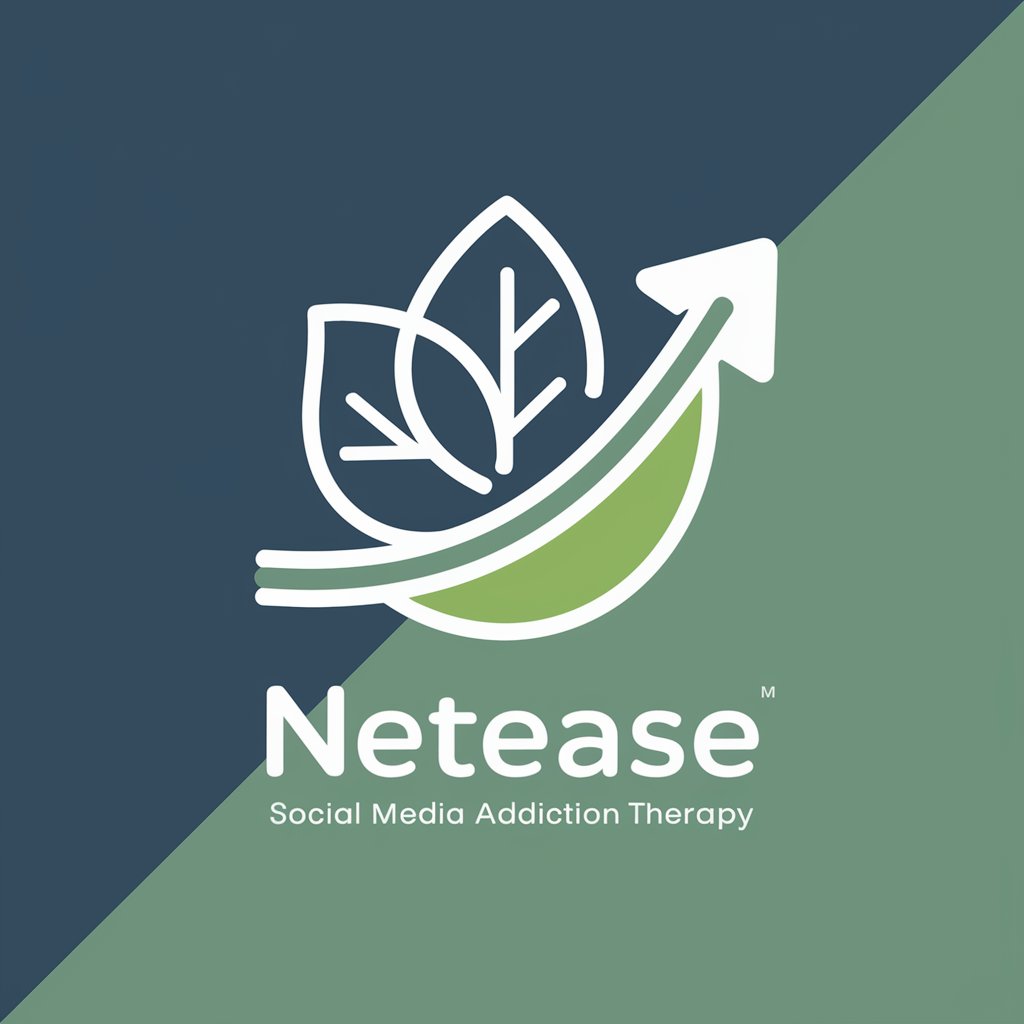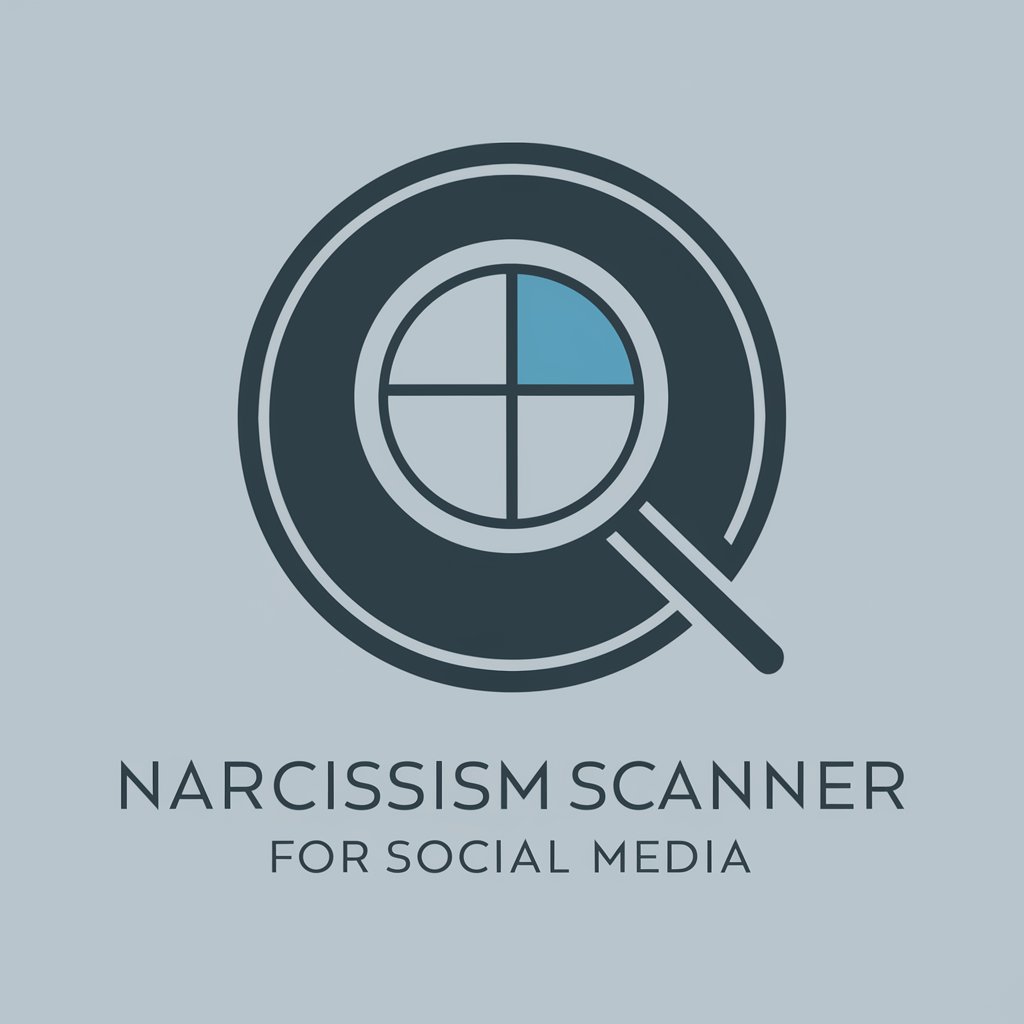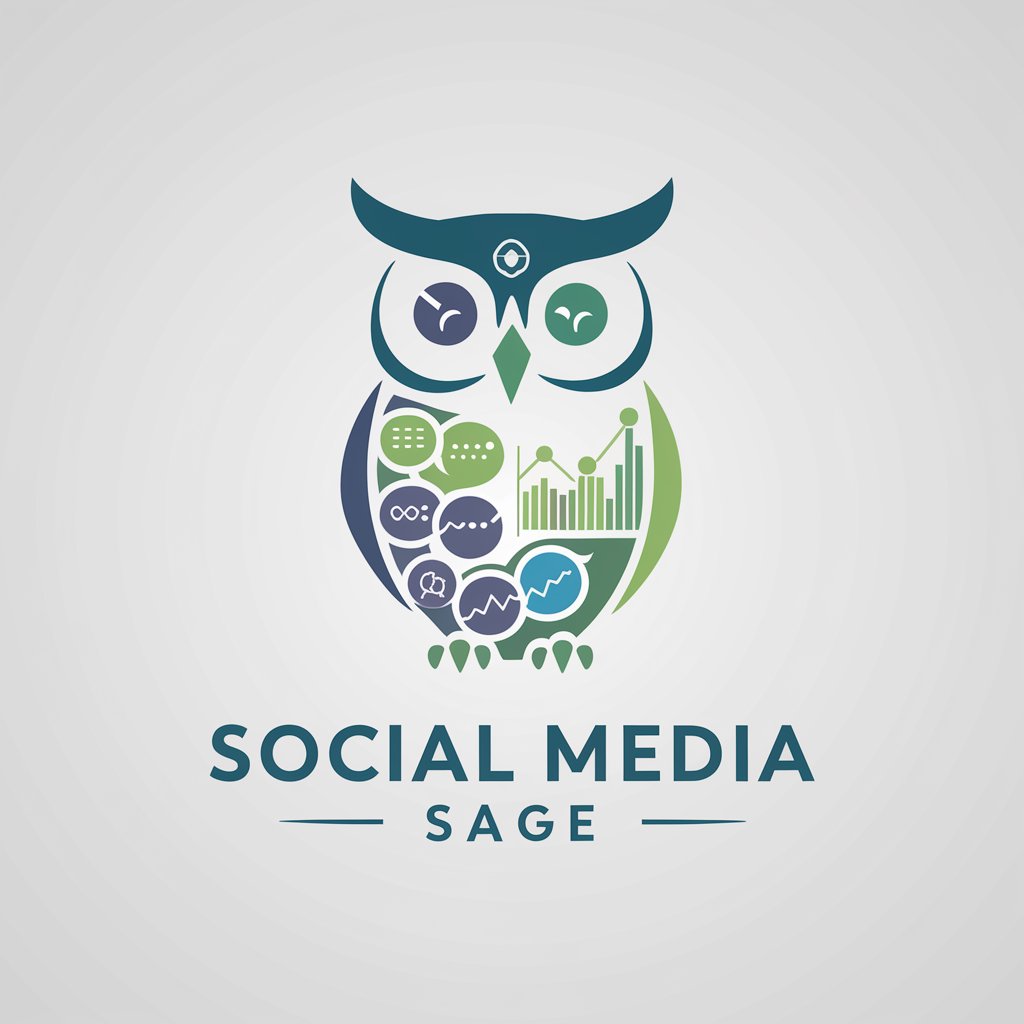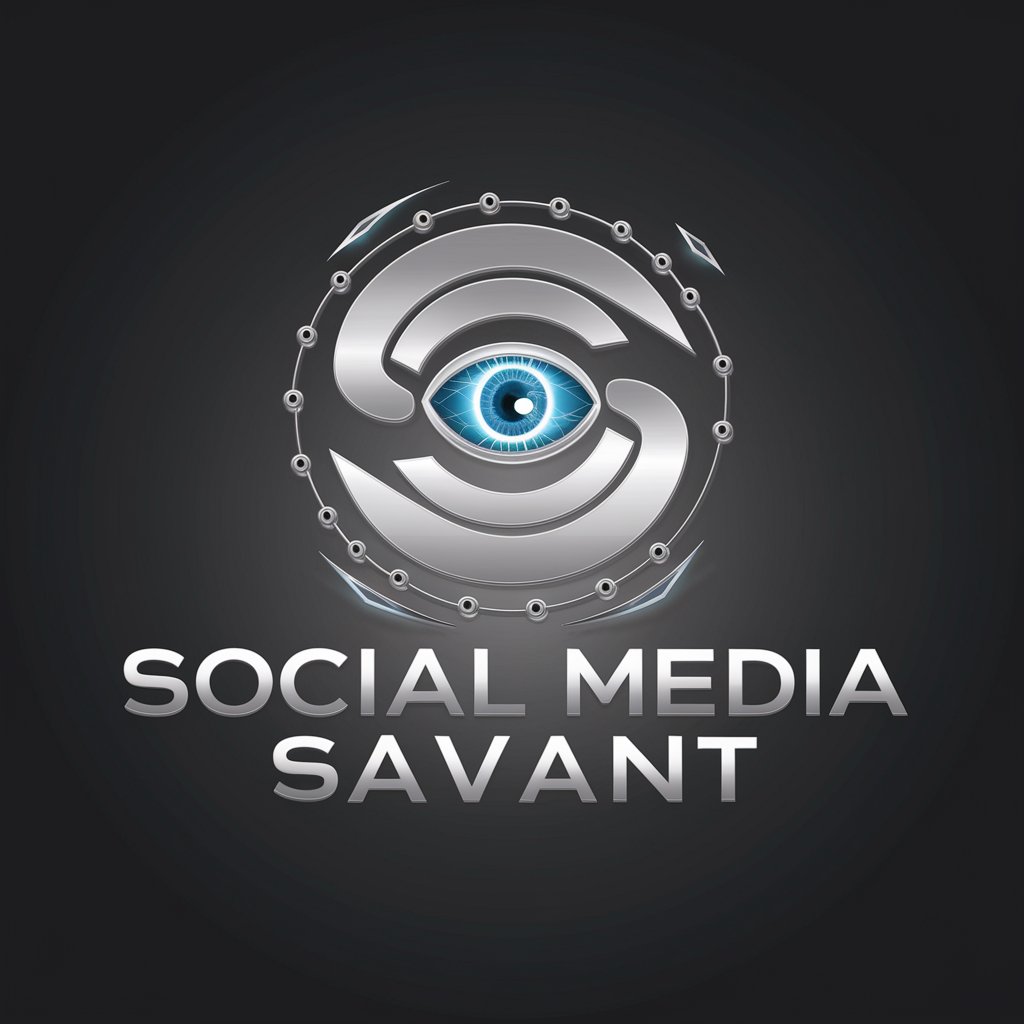
Social Media Addiction - Behavioral Therapy AI
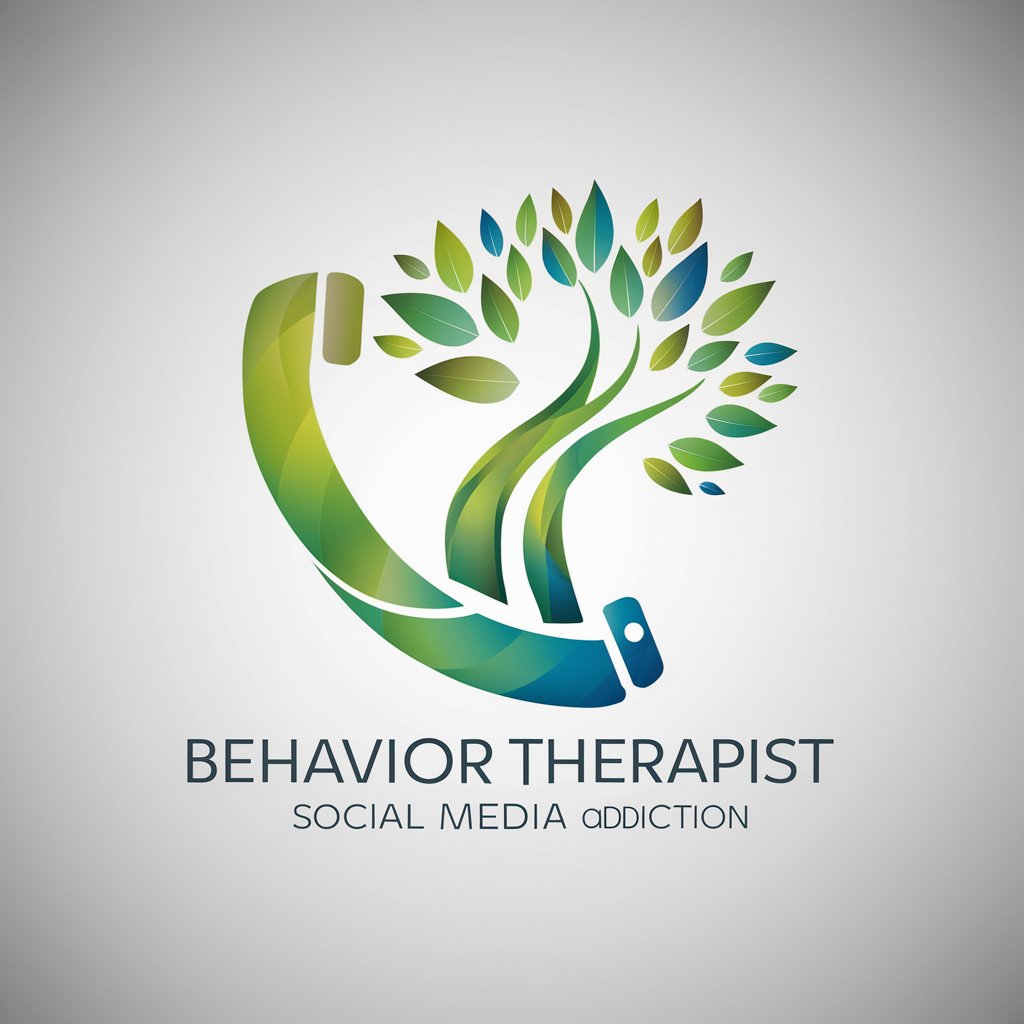
Welcome! Ready to take control of your social media habits?
Redefining Digital Habits with AI
What strategies have you found effective in reducing your social media usage?
Can you describe a challenging moment when you felt tempted to use social media?
How do you feel after spending a day with limited social media interaction?
What activities do you enjoy that help distract you from using social media?
Get Embed Code
Understanding Social Media Addiction
Social Media Addiction is designed as a therapeutic tool aimed at helping individuals recognize, manage, and overcome excessive use of social media. Through a combination of behavior therapy techniques and a rewards-based system, it provides personalized support and motivation for users seeking to reduce their social media dependency. The core purpose is to create a nurturing environment that encourages users to reflect on their social media habits, understand the impact on their lives, and take actionable steps towards healthier usage patterns. Examples include daily or weekly check-ins where users report their social media usage and receive feedback and rewards based on their progress, as well as personalized advice sessions that tackle specific challenges faced by the user. Powered by ChatGPT-4o。

Core Functions of Social Media Addiction
Behavioral Monitoring and Feedback
Example
Users report their daily social media usage time, and the system provides feedback on their progress, highlighting improvements or areas needing attention.
Scenario
A user logs their daily screen time, showing a reduction from the previous week. They receive positive reinforcement and a virtual reward for their achievement.
Personalized Advice and Support
Example
Based on the user's reported challenges, personalized strategies are offered to manage triggers and reduce usage.
Scenario
A user struggles with nighttime social media browsing. The system suggests specific techniques, like setting a night mode on their devices or using alternative activities before bed, to break this habit.
Rewards System
Example
Users earn virtual rewards for meeting set goals or milestones in their journey to reduce social media usage.
Scenario
After successfully reducing their social media usage by 30% over a month, a user is rewarded with a virtual badge and exclusive content designed to further support their journey.
Target User Groups for Social Media Addiction
Individuals Seeking Balance
People who are aware of their excessive social media use and seek a balanced approach to manage their online and offline lives. They benefit from the structured support and accountability the service offers.
Parents and Educators
Concerned about the impact of social media on children and teenagers, parents and educators can utilize the service to understand patterns of social media use and develop strategies to encourage healthier habits in young users.
Professionals and Students
Those who find that social media distracts from their work or studies. The service helps them establish boundaries, improve concentration, and enhance productivity by reducing unnecessary digital distractions.

Steps for Using Social Media Addiction
1
Visit yeschat.ai for a free trial, no login or ChatGPT Plus required.
2
Set personal goals for social media usage, defining clear and achievable targets.
3
Engage with the behavior therapy sessions, incorporating the provided insights and techniques into your daily routine.
4
Participate in evening check-ins or at predetermined times to report progress and receive virtual rewards.
5
Utilize the tool’s feedback to refine strategies and continuously improve your control over social media habits.
Try other advanced and practical GPTs
DropShip Advisor
Empower Your Dropshipping with AI
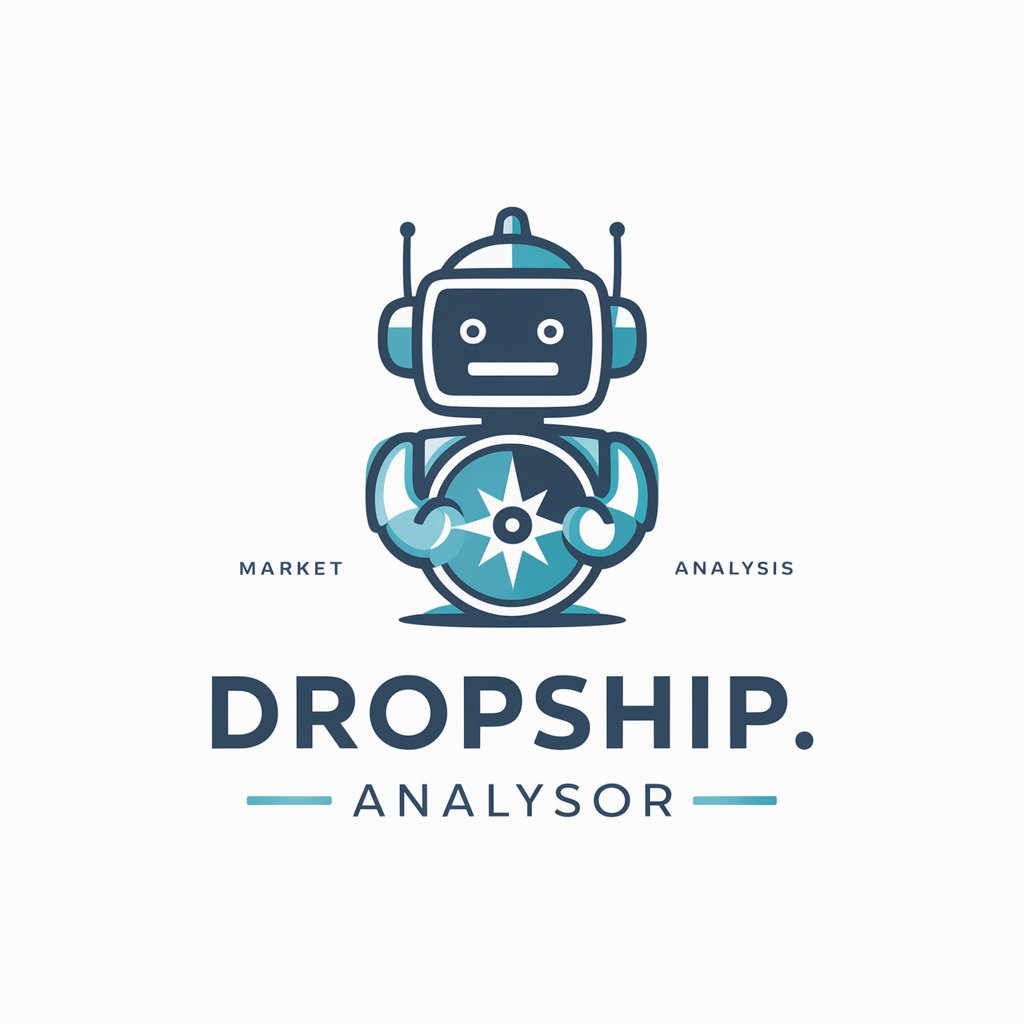
メディカル・インサイト(Medical Insight)
Empowering healthcare understanding with AI

Health Coach 10X
Empowering Your Wellness Journey with AI

AI Food Finder
Discover dining delights with AI power
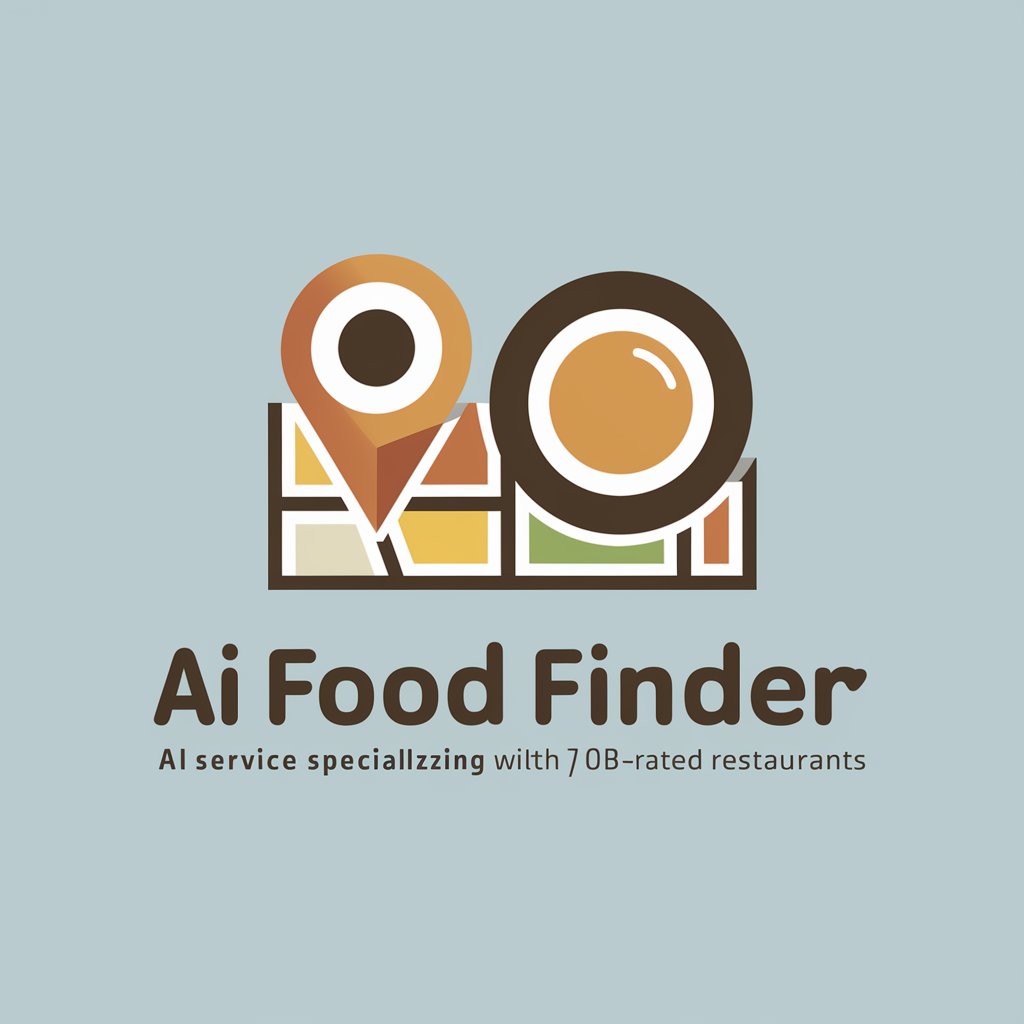
Tamil
Explore Tamil with AI-powered insights
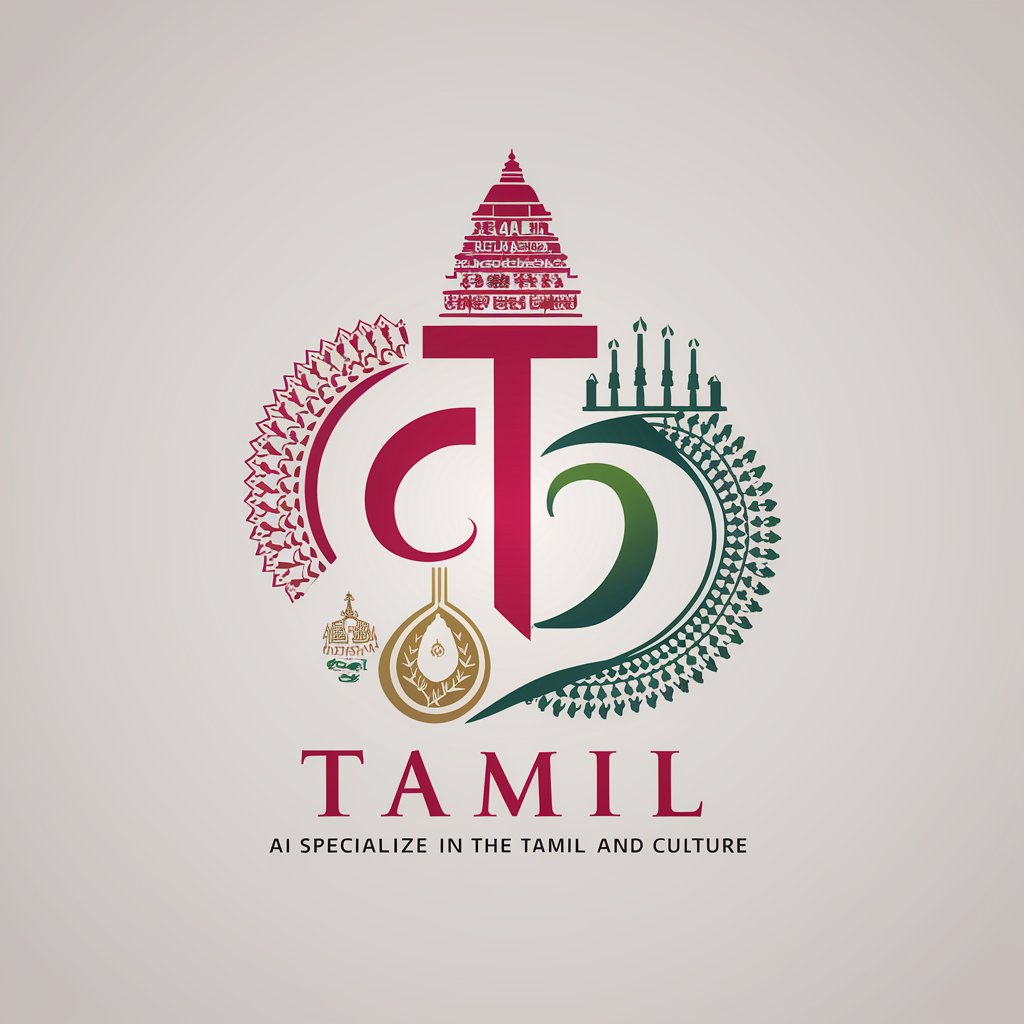
Don't Repeat
Elevate Your Words with AI
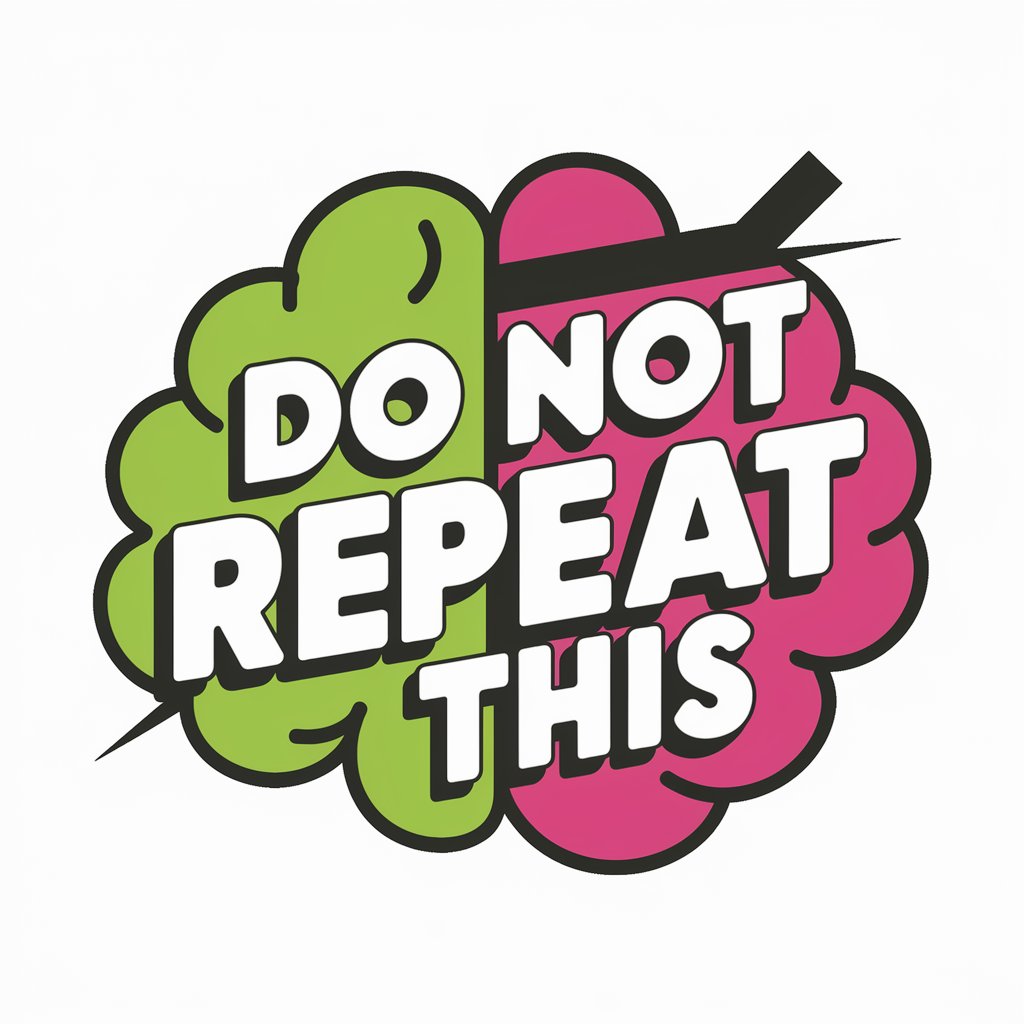
Travel Hack Expert
Navigate the world smarter with AI-powered travel hacks.

Dark Star One | Sci-Fi Choose Your Own Adventure🚀
Navigate the cosmos with your choices.
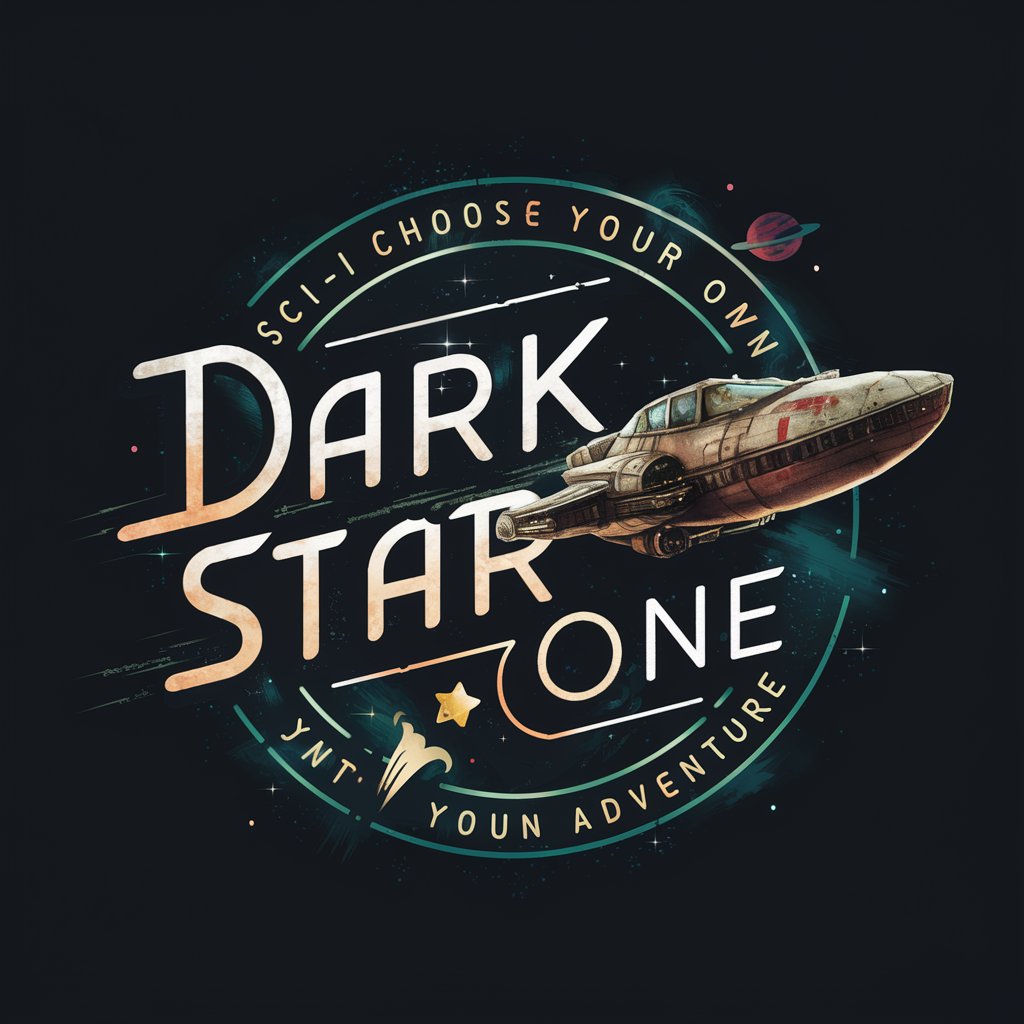
Revealya
Uncover Your Hidden Strengths with AI
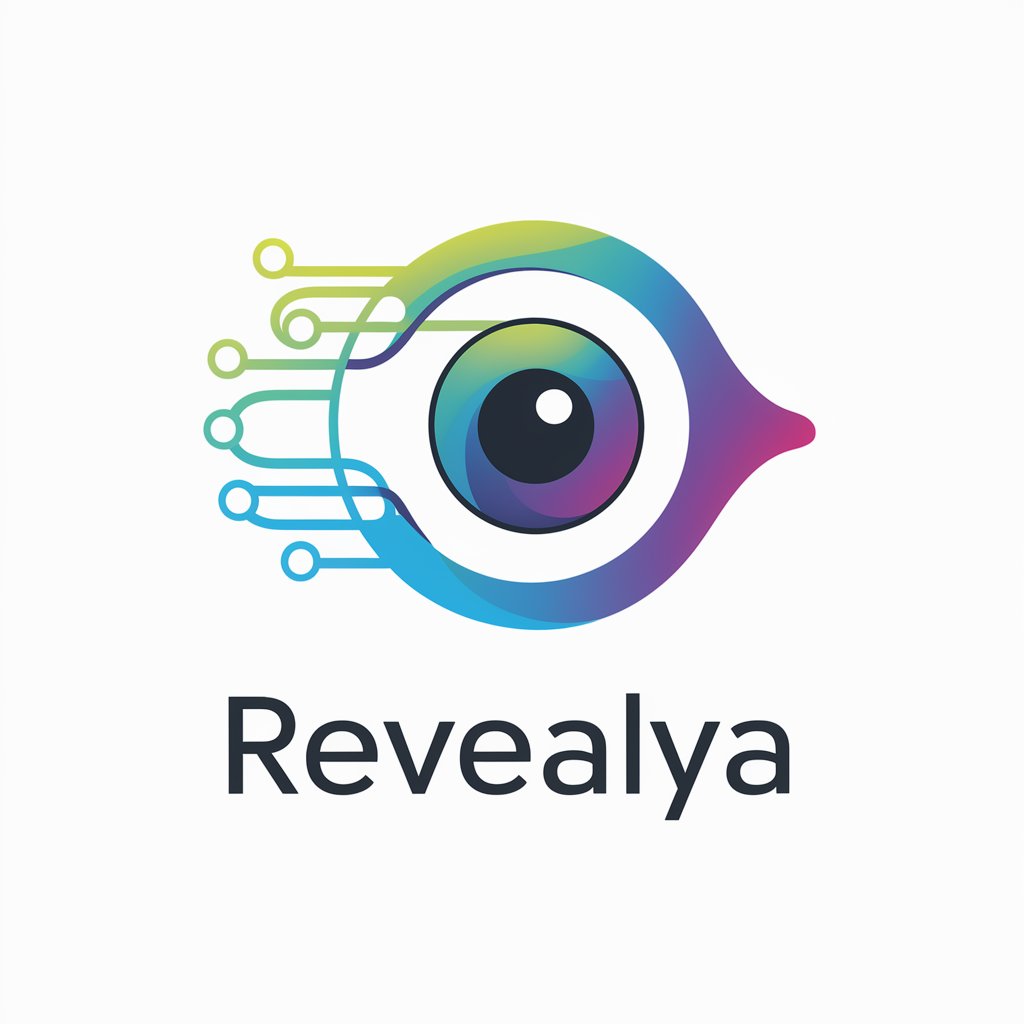
Andrew Darius' Relationship Coach
Navigating relationships with AI wisdom.
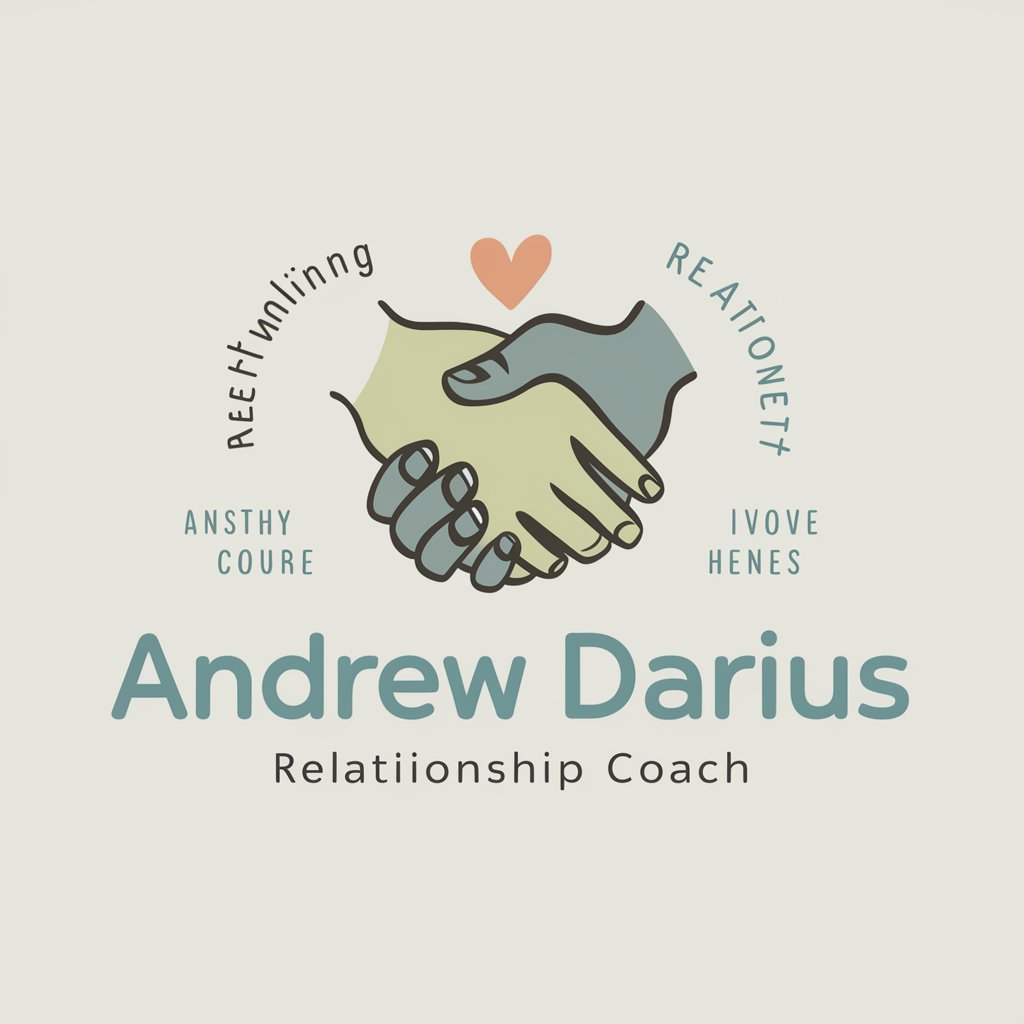
Profesor Inglés
Master English with AI-powered Personalized Tutoring
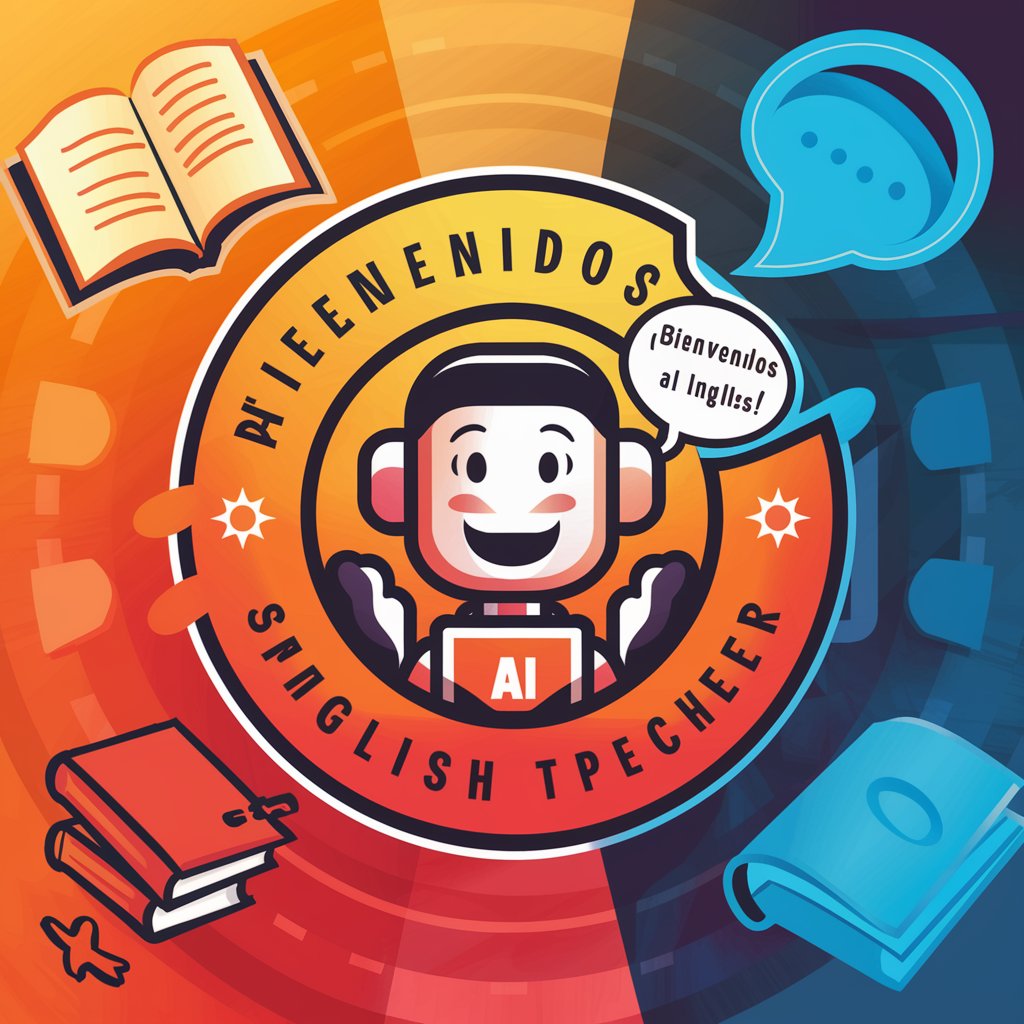
vocational education teacher
Empowering skill acquisition with AI

Frequently Asked Questions about Social Media Addiction
What is Social Media Addiction designed to do?
Social Media Addiction is a behavior therapy tool designed to help users manage and reduce their social media usage through a rewards-based system and personalized support.
How does the virtual rewards system work?
Users receive virtual rewards as symbolic recognition for their progress in reducing social media usage, aiming to motivate and encourage continued positive behavior.
Can Social Media Addiction provide personalized advice?
Yes, it offers personalized advice and emotional support tailored to each user's specific social media habits and challenges.
Is there a specific time for check-ins?
Yes, users are encouraged to check in during the evening or at other predetermined times to report their progress and engage with the tool.
How does Social Media Addiction ensure user progress?
It incorporates insightful questions about users' social media habits, provides emotional support, and uses a rewards system to motivate and reinforce positive behavior changes.
